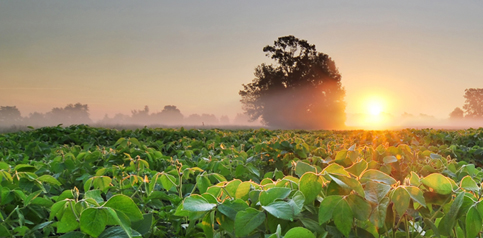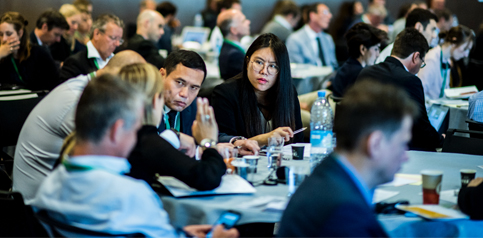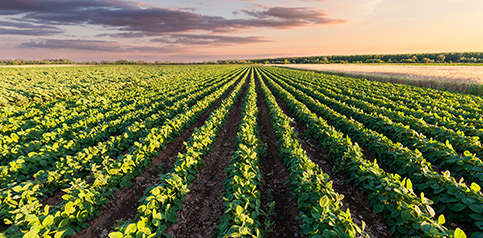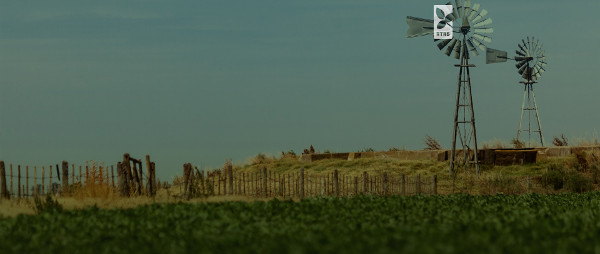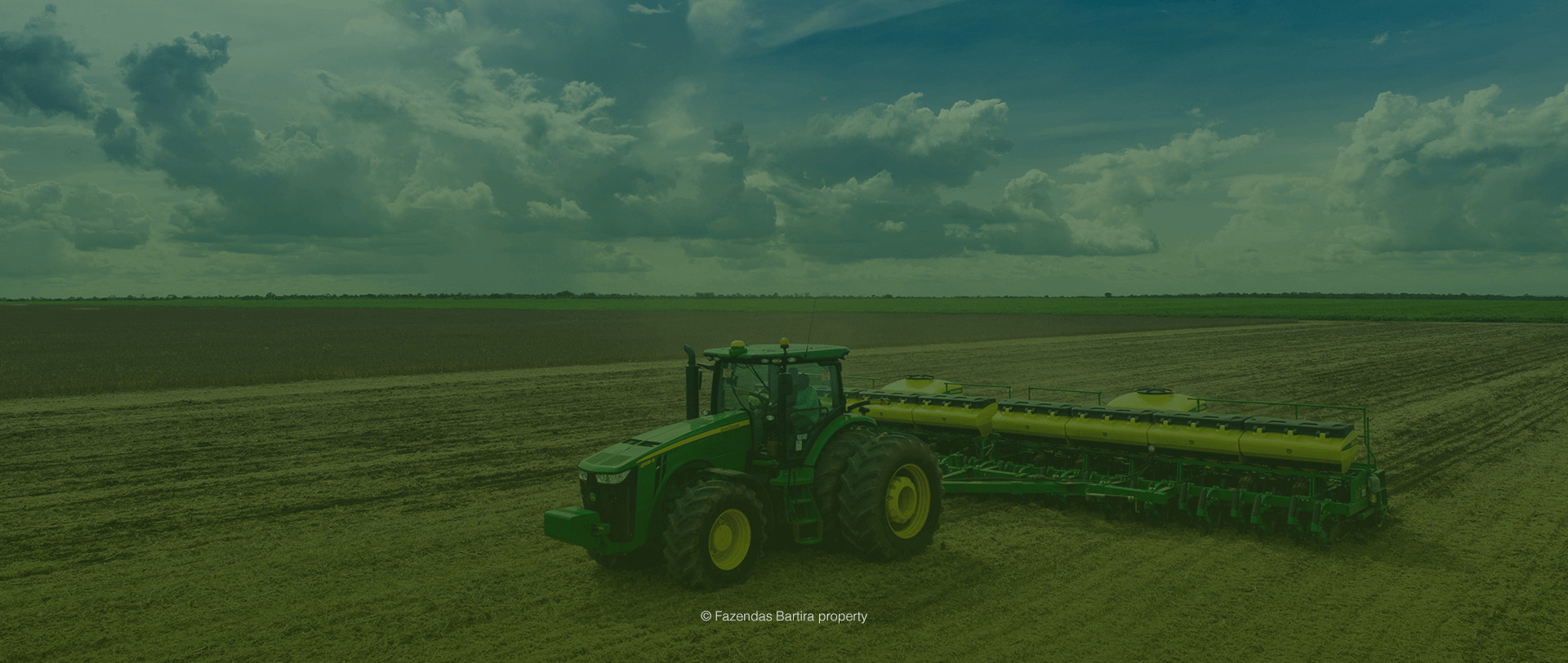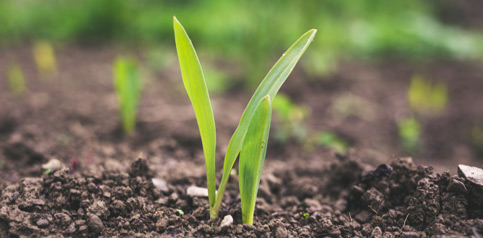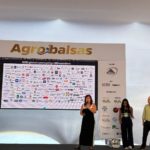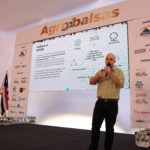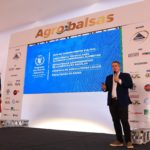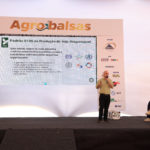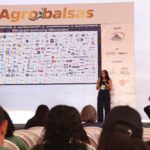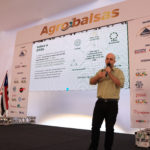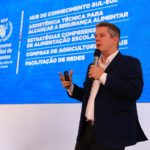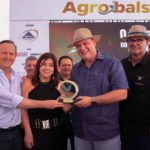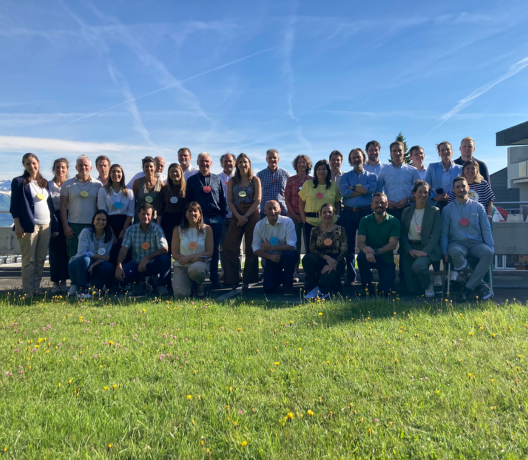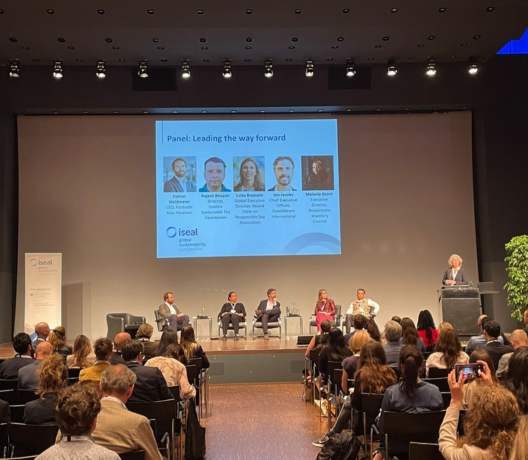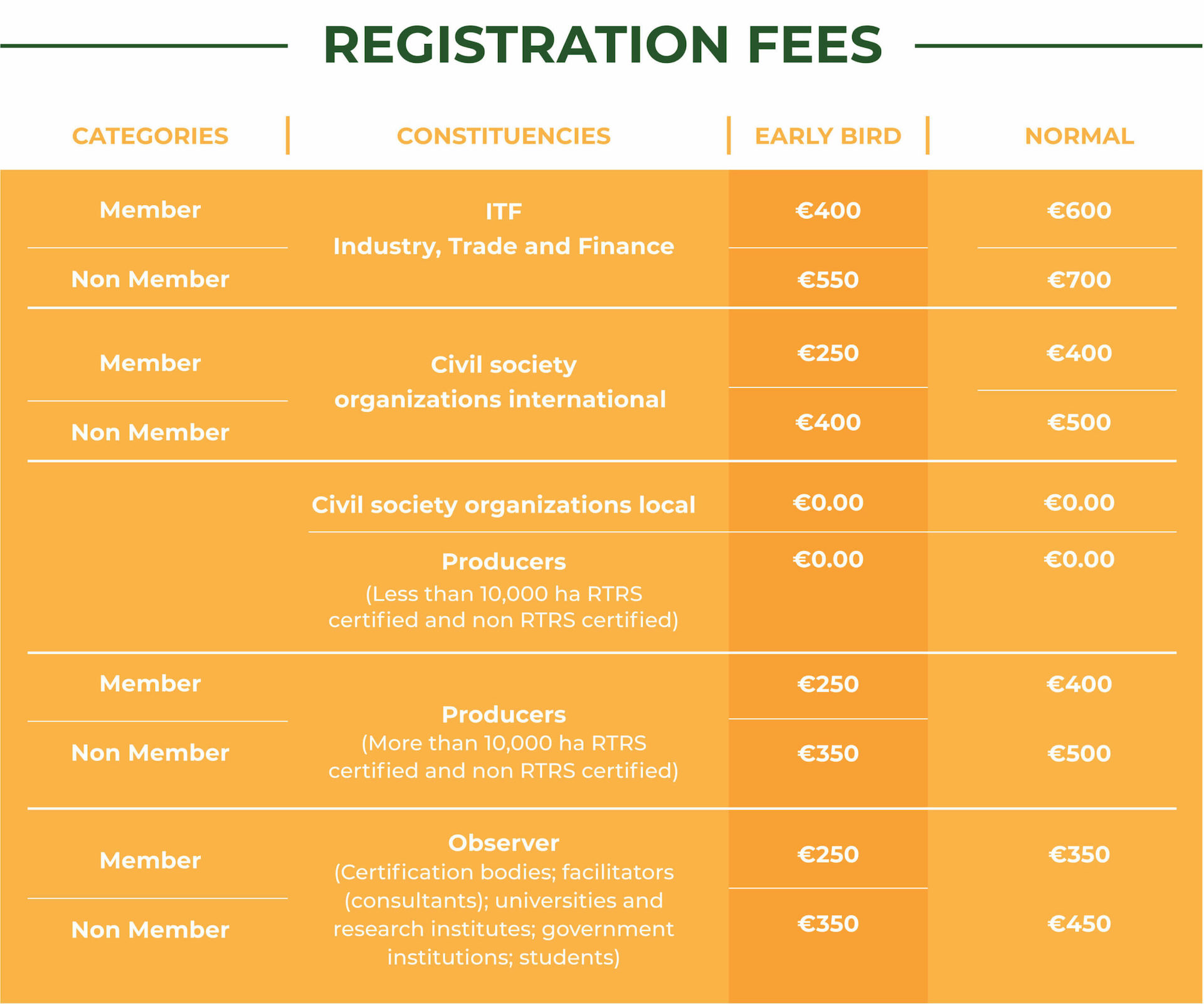RTRS took part in the panel on sustainable agribusiness at the 20th edition of Agrobalsas
The aim of the panel entitled “Risks and opportunities for agribusiness” at the Agrobalsas event “Miracle in the Cerrado” organised by FAPCEN was to raise awareness about sustainable development in agribusiness.
On 14 May, the Round Table on Responsible Soy (RTRS) in Brazil presented the role of certification for sustainable development and explained how the RTRS Standard contributes to the United Nations (UN) Sustainable Development Goals (SDGs) in the first panel of the day.
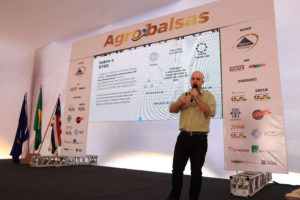

“Brazilian agribusiness is fully aware of the great opportunities that sustainable development represents for the sector’s growth. In this sense, RTRS certification is a fundamental tool to accompany this process,” said Luiza Bruscato, RTRS Global Executive Director.
Gisela Introvini, Superintendent of FAPCEN, an RTRS member since 2012 and current Vice-president of the roundtable, opened the panel by presenting the Foundation’s work in the Cerrado region, highlighting its positive transformation in recent years.


Joélcio Carvalho, Partnership Officer at the World Food Programme (WFP) Centre of Excellence against Hunger in Brazil, then addressed Brazil’s role in food diversification. Thales Castro, Honorary Consul of Malta, then spoke about the impact of geopolitics on agribusiness, and Maurone Cangussu, a specialist in small-scale agriculture, discussed regenerative livestock farming and the importance of transitioning to a carbon-free production model.


